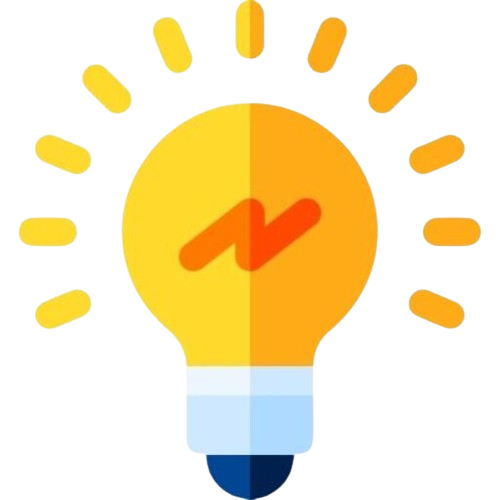Confirmation bias is our tendency to cherry-pick information that confirms our existing beliefs or ideas. We are prone to remain consistent with our earlier decisions or commitments, so we selectively seek information which is consistent with our beliefs and discard any disconfirming evidence.
What the human being is best at doing is interpreting all new information so that their prior conclusions remain intact.
— Warren Buffett
Evaluating evidence requires a lot of mental energy, even more so if the evidence is complicated or unclear. This is why our brains prefer to take shortcuts while solving problems and making decisions. These shortcuts allow our brains to make decisions quickly and efficiently.
In The Little Book of Stupidity, Sia Mohajer wrote:
The confirmation bias is so fundamental to your development and your reality that you might not even realize it is happening. We look for evidence that supports our beliefs and opinions about the world but excludes those that run contrary to our own… In an attempt to simplify the world and make it conform to our expectations, we have been blessed with the gift of cognitive biases.
We are constantly bombarded by information, be it from media, people, or other sources. Our minds need some way to storing and retrieving this information. One way to do this is by developing mental or cognitive shortcuts, also known as heuristics. These heuristics can be either useful or unhelpful. Confirmation bias is one of these less-helpful heuristics.
The human understanding when it has once adopted an opinion, draws all things else to support and agree with it. And though there be a greater number and weight of instances to be found on the other side, yet these it either neglects and despises, or else by some distinction sets aside and rejects.
— Francis Bacon
Just like availability bias, confirmation bias is also linked to our memories and our ability to recall information. We typically fall prey to selective recall, wherein we only recall information that backs up our existing beliefs. As Leo Tolstoy wrote:
The most difficult subjects can be explained to the most slow-witted man if he has not formed any idea of them already; but the simplest thing cannot be made clear to the most intelligent man if he is firmly persuaded that he knows already, without a shadow of doubt, what is laid before him.
As a consequence of confirmation bias, we tend to see more evidence that enforces our existing views. Anything that confirms our beliefs is is taken seriously, while disconfirming data is treated with skepticism. By understanding confirmation bias, we can learn to identify it and remain cautious of data that immediately supports our views. To avoid confirmation bias, you need to search for disconfirming evidence.
